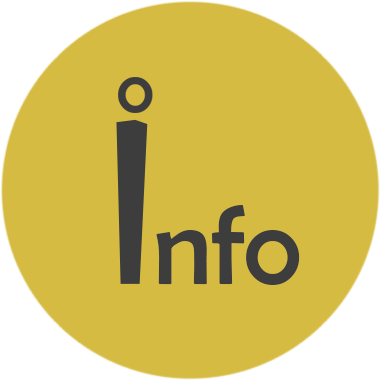Navigation Guide
To create your own path through the platform, it is crucial to start with the testimony videos of people with refugee and migration experiences. Their voices are essential to understanding “the others”, as engaging with them offers a powerful way to better understand society as a whole.
-
Place your cursor over the photos and icons to view descriptions and select a testimony.
-
Search the material by categories, types, or keywords (Menu → Repository).
-
At the end of each video, review the icon descriptions and explore the related materials.
On VOLARE you will also find suggested “learning pathways” through the testimonies and accompanying materials, which are not restrictive or exclusive. The VOLARE team encourages visitors to create their own pathway of understanding, according to their educational context and interests.
The VOLARE digital platform:
-
Designed for educators, university students and secondary school students.
-
Employs participatory ethnographic approaches, integrating testimony and multimodality as tools in the educational process.
-
Offers a living archive of videos, texts and multimodal resources on migration and refugee experiences.
-
Creates a space for listening to and understanding the experiences of migrants, refugees and members of minority groups, with the aim of being used within secondary and higher education courses.
It includes:
-
Video-testimonies from people with refugee and migrant backgrounds in Greece, Bulgaria and France. Each research team chose its own way of filming and framing the testimonies, engaging uniquely with each person.
-
Video-contributions from educators, legal experts, artists and activists working in the field, who offer their own perspectives on this encounter.
-
Each testimony is accompanied by sources of knowledge (articles, books, reports, etc.) and additional multimodal materials (films, artworks, museums, games, databases, etc.).
-
Twelve songs in different languages, selected and recorded exclusively for VOLARE.
-
Podcasts featuring a wide range of people connected to VOLARE’s themes.
